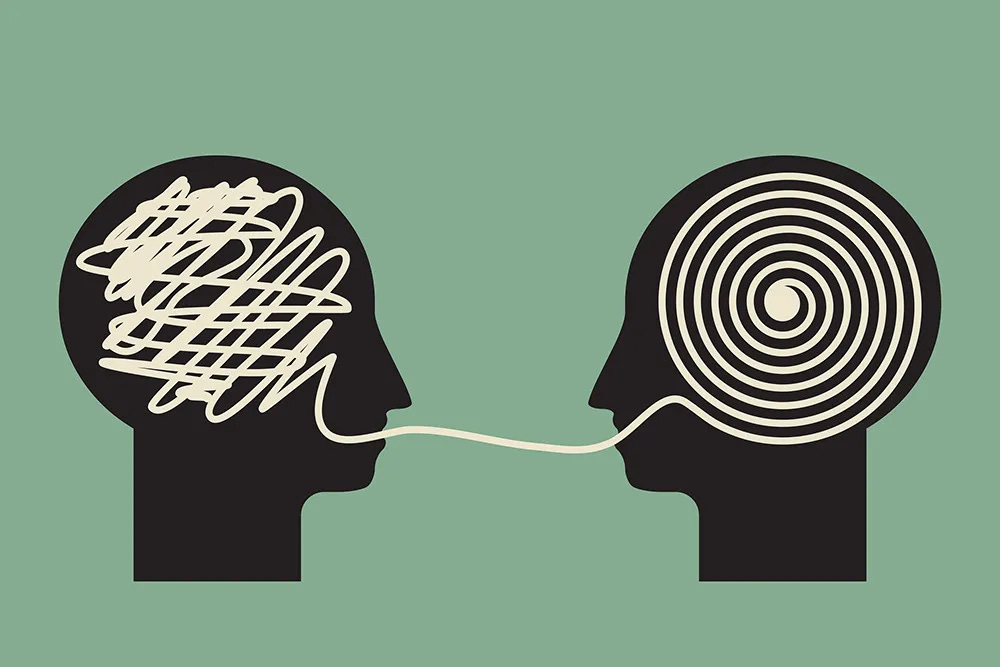
‘Understanding’ is a ‘suitcase word’, and just like ‘intelligence’, has many quite distinct meanings that are ‘thrown into a suitcase’ with a label slapped on the whole jumble (paraphrase of Marvin Minsky’s version).
However, it is clear that there are different levels or degrees of understanding. Here are some key aspects and examples of ‘understanding’:
-
“She understands English” — This could simply mean she can correctly respond to instructions like ‘turn up the heat’. Today’s smart thermostats can do that! It does not actually imply that individual words are actually understood, or that the wider context and implications are.
-
“Do you understand what I said?” — Usually we’d expect the other person to be able to repeat the information in their own words, and answer some follow-up questions.
-
“Did he understand the story?” — He should be able to give us a summary of the story, providing key aspects, as well as providing the moral or take-home message of the story.
-
“They understand math/ English grammar” — Here we’d expect deep technical knowledge of the topic, skill in using it, and the ability to explain and teach it.
-
“She understands me” — Knowing what motivates me, my personality, etc. — i.e. psychological visibility.
-
“She understands horses” — Knowing a lot of facts about horse and how to handle them.
-
“We understand what causes AIDS/ how electric motors work” — Having detailed knowledge of the mechanisms that cause something to happen and/or function.
-
“My narrow AI understands emotions/ sentiment” — I don’t think so. Perhaps it can detect or categorize emotions, but not understand in the wider sense of the word.
So, ‘understanding’ at its simplest is ‘being able to respond appropriately’ — a purely behavioral measure. The next level is to be able to tell back the information in your own words. Another level is knowing the implications. Personal experience takes us to a much higher level of integration — this is where the connection to the ‘I’ comes in. Having deep subject knowledge and skill, and being able to teach or explain it, is another dimension. Finally, knowing how something functions in detail — knowing the specific cause-effect mechanisms.
(Originally published Dec 2016)
